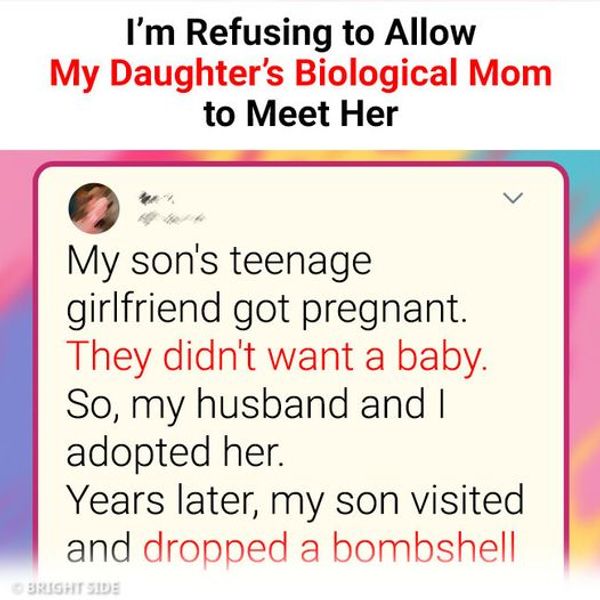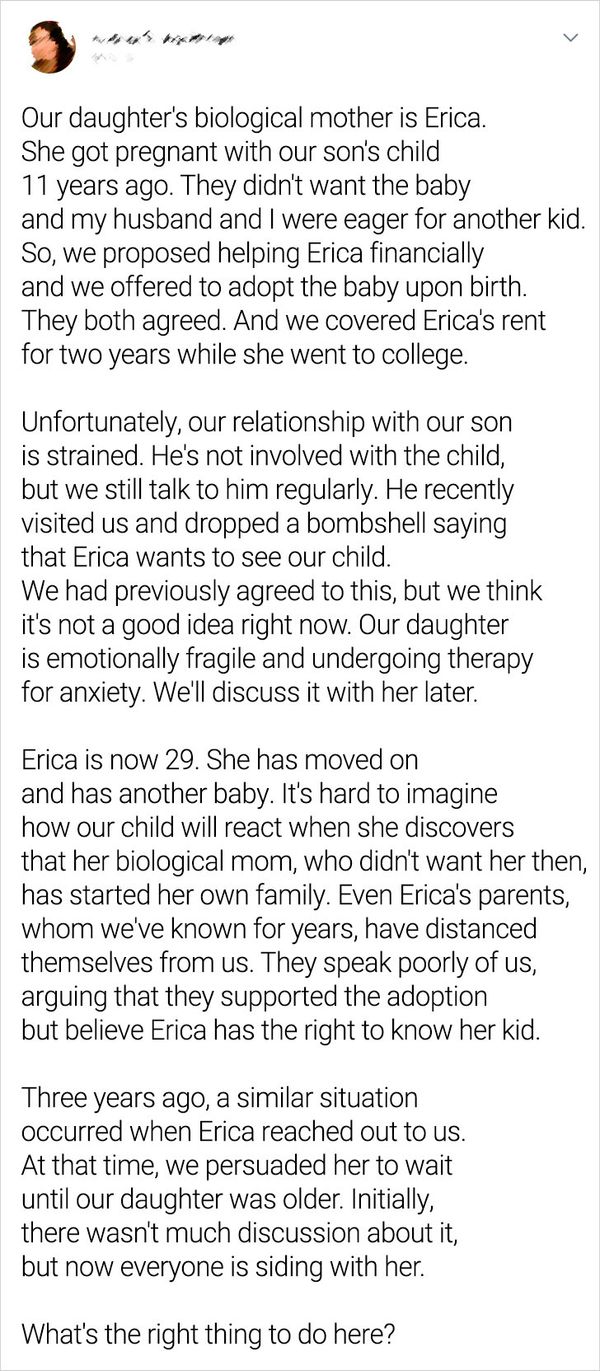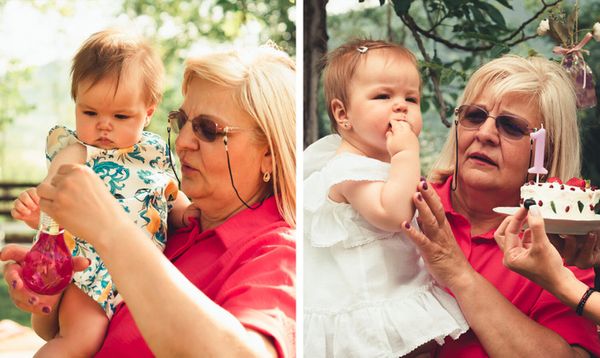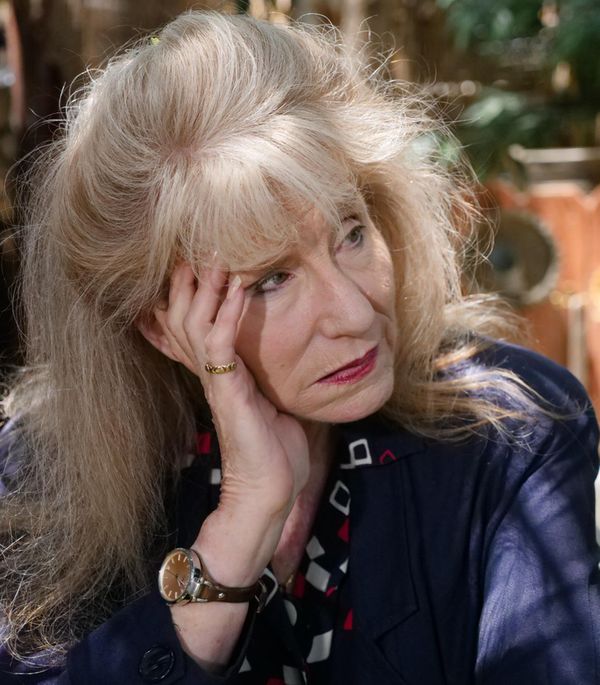
Adoption is a beautiful way for adults to become parents and provide loving families for children. In today’s story, we meet a couple who found themselves becoming guardians to their own granddaughter. It was an unexpected twist, and now they face a difficult family dilemma.
We’ve done some research and want to share some key recommendations for situations like this:

Open Communication is Key
The first step is to have open and assertive communication with all parties involved. The focus should always be on the well-being of the child. It’s important to come to an agreement and understand everyone’s long-term intentions. This goes beyond just “visiting” or “meeting” the child.

Talking to Your Daughter
We understand your concerns about revealing the adoption to your daughter. You want to protect her, but it’s important to have this conversation with her before anyone else does. If she were to find out from someone else, it could have more severe consequences, leading to negative emotions towards her biological parents and you.
Understanding Emotional Challenges
It’s worth considering that adopted children may experience emotional distress related to their separation from their birth mothers, even if they were adopted as infants. The bond and connection formed during the nine months spent in their mother’s womb can have a lasting impact. Acknowledging this situation and promoting open communication can help your daughter cope with her emotions during this time.

Addressing Suspicion and Confusion
While your daughter may share physical similarities with you, she may still have suspicions and questions about her background. Factors like the age difference between you and the biological parents or comments from others could confuse her. It’s important to address these questions honestly and age-appropriately.
Talking About Adoption
Experts recommend initiating conversations about adoption when children are around 5 or 6 years old. As questions arise, they should be answered candidly with age-appropriate explanations. Here are some reasons why it’s crucial for children to be informed about their adoption:
-
Children have a fundamental right to know their life narratives, including their genetics, social background, and ethnicity. Keeping this information from them can deny them a part of their identity.
-
Children need a dependable and trustworthy family to rely on. If their own family keeps information from them, it can lead to feelings of isolation and being misunderstood.
-
Talking about adoption in a natural manner is crucial for their emotional growth. It allows them to understand their thoughts and emotions and receive empathy and affection from their loved ones.
Remember, it’s important to approach this conversation with love, understanding, and patience. By being open and honest, you can help your daughter navigate her journey of self-discovery and embrace her unique story.




